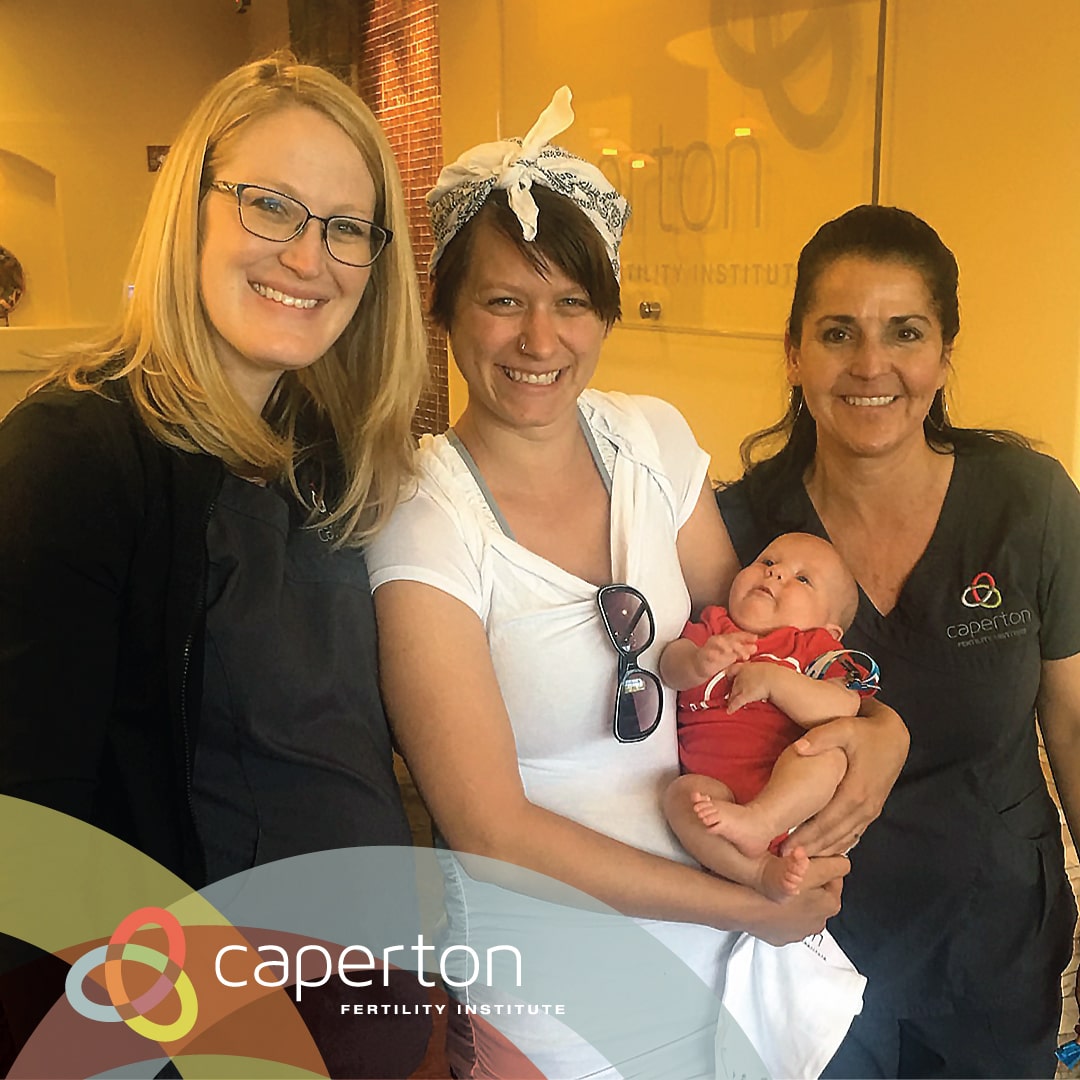Fertility Research Center Albuquerque
Frozen Embryo transfer refers to the process of freezing embryos that have been cryopreserved during an IVF cycle. They are then thawed before being transferred into a woman’s uterus. It is an IVF variant for lesbian and transgender couples. Both partners can be involved in the child creation process. One partner's eggs will be the egg of the other partner!

